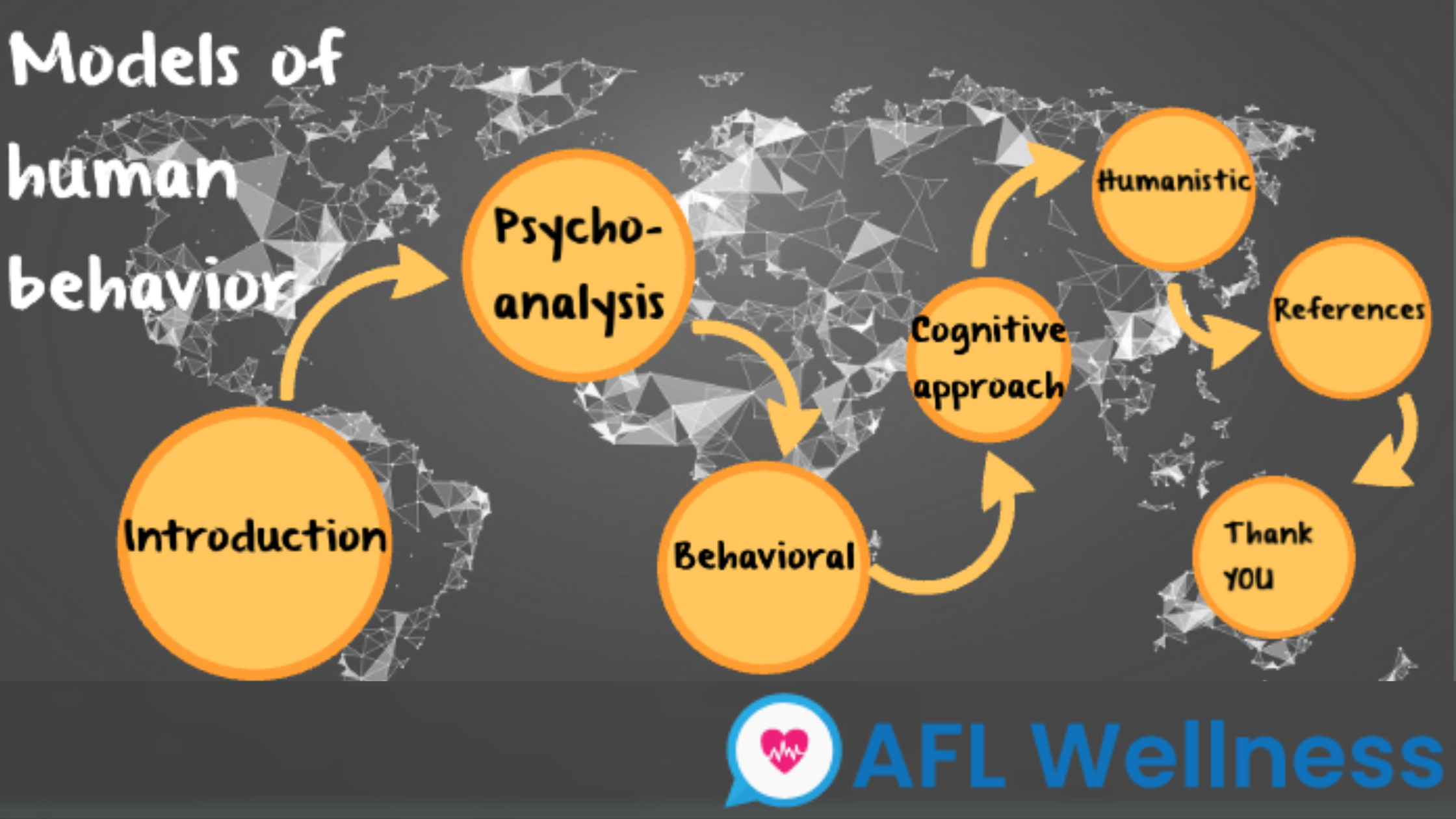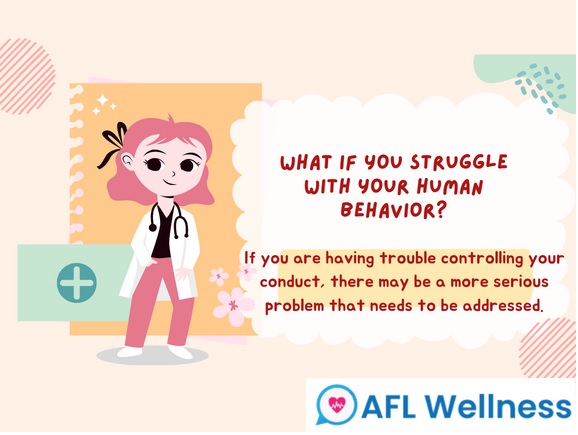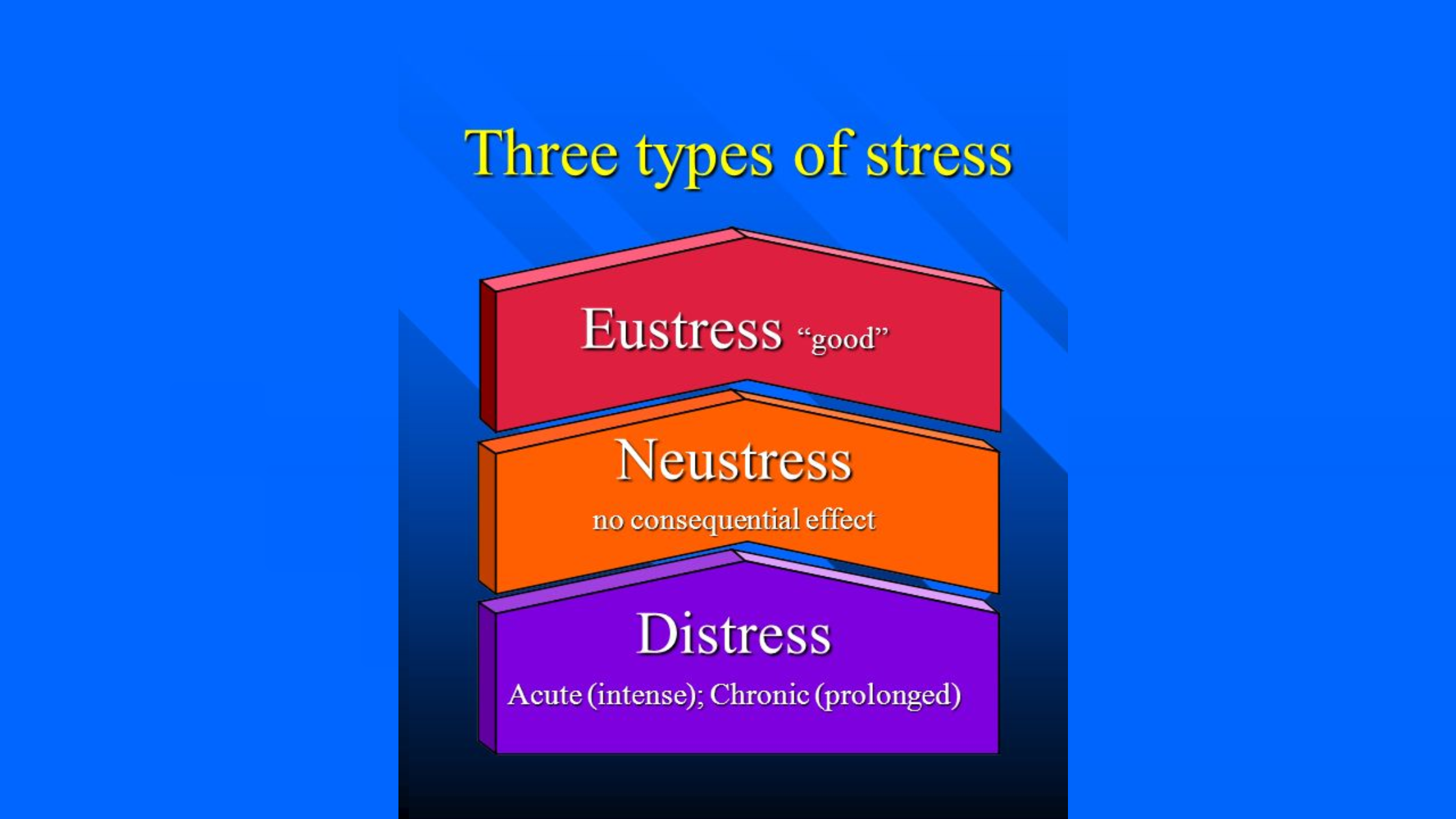
January 30, 2026
What is human behaviour in psychologist
Human behaviour, or the way and reasoning behind people's activities, is an inherently complicated subject. Of all, there are innumerable theories about how people behave and engage in different kinds of conduct. It is crucial to understand human behaviour in society since it may be used to identify trends, explain why individuals do particular things, and much more. Of course, the better one positions herself and knows how others observe, interpret, and adjust to their diverse situations, the more one learns about human behaviour.
A centre for study in mental health and neurosciences, the Institute of Human Behaviour and Allied Sciences was formerly known as the Hospital for Mental Diseases. There, they treat all mental health conditions because many people struggle with behavioural disorder.

Human Behaviour Theory
One of the most popular hypotheses concerning human behaviour is that of conditioning. When someone is trained to behave a certain way, conditioning takes place. There are two basic categories of conditioning, and varying individuals may be more affected by one category than the other. Of course, training people to act a certain way might raise ethical or moral questions, mainly if the trained behaviour is not in the person's best interests. Others contend that people are all predisposed to behave in one way or another by nature.
Classical conditioning
Classical conditioning is the process through which someone learns to link particular stimuli with particular results. As a result, this kind of conditioning frequently motivates individuals to act in ways that will make them happy and satisfied. For instance, a person is more likely to be a nonconformist and take risks if they discover that they succeed when they rely on their intuition rather than the rules. It's not necessarily necessary for classical conditioning to result through the acts or manipulations of a particular person. This kind of conditioning can occur from society or from the surroundings that a person is frequently exposed to.
Cognition
Cognition is a widely accepted idea in the field of human behaviour that holds that an individual's thoughts, inner judgement, personal motivations, etc., determine their conduct. This idea emphasises the importance of an individual's inner state and contends that how they feel, think, or struggle will eventually affect their conduct as the rest of the world observes it. Of course, psychological, mental health, and other research strongly supports cognitive theories that address human behaviour. Today's tangible, exterior world contains a lot of things that were once only in someone's thoughts.
Operant conditioning
Simply put, operant conditioning uses positive and negative reinforcement to control behaviour in people. A person who consistently gets into legal difficulties for breaching particular rules typically comes to equate breaking rules with getting into trouble with the law. Similar to how someone who consistently studies for tests and gets top results starts to link studying with success. Humans typically avoid situations that make them uncomfortable and lean toward pleasure and self-satisfaction. These are only a few examples of how conditioning, both classical and operant, is thought to affect behaviour in people.
Various Forms of Human Behaviour
In today's society, various hypotheses about human behaviour are widely accepted and applied. Understanding these theories as well as the various forms of human behaviour and the variables that influence them, makes a difference. People fall into several or perhaps multiple groups both collectively and individually because they are a unique species. Some people may lean one way, while others may be motivated wholly in a different way. However, in order to comprehend what is true about human behaviour, the following information is necessary.
Personality based
People's personalities have a significant influence on how they behave. While some people are tolerant and laid back, others may be irritable and impatient. Most of the time, it's difficult to gauge someone's personality right away. To actually understand them, communicate with them, and gain a sense of what you're dealing with, it typically takes time. There are a variety of characteristics that might influence someone's personality, some of which make certain people friendlier than others. A person's personality can be influenced by a variety of factors, including culture, environment, and peers.
Interest based
A person's level of interest substantially influences human conduct. Whether or not someone acts in a way that is inconsistent with who they are can depend on their interests. In addition, whether or not someone takes risks or works toward a goal is frequently influenced by interest. Generally speaking, when someone is interested in someone or something, they are more likely to pay attention than they would be otherwise. Understanding a person's level of interest in a subject can be a very effective approach to anticipate or theorise future human behaviour.
Attitude based
Individual attitude has a significant impact on behaviour, just like personality and interests do. Depending on one's development or external influences, attitudes might be right or bad. Nevertheless, it cannot be denied that a person's attitude governs their decisions, their interactions with others, and, in a nutshell, their whole human conduct. One can be more receptive and open to a circumstance or person if they have a positive attitude. Similar to how people try to ignore or shut out things they perceive negatively when they have a negative attitude.
Emotion-based
When it comes to determining human behaviour, emotions are extremely important. Even when individuals aren't aware of it on the surface, so many behaviours and choices people make in life are emotionally charged. Individuals may be more risk-taking, and open-minded and exhibit other desirable behaviours while experiencing happy emotions. Similar to how a bad emotional state can cause destruction, loneliness, or a person to decide to withdraw. Even when other circumstances are present, almost every human conduct may be linked to an emotion of some kind.
In the meantime, you will discover that AFL Wellness is regarded as one of the top treatment facilities that aid people who are experiencing the behavioural disorder.
Self-control and Human Behaviour
In many ways, society has benefited from a deeper understanding of human behaviour. This is an irrefutable fact; however, despite the definition, theories, and varieties of human behaviour, self-control is still very much in demand. The way you act always matters because, in the end, you are responsible for your deeds. When things are going well, and you aren't in a tight spot, it is relatively simple to behave properly and maintain control of yourself. The behaviour that emerges as the most distinctive, however, is frequently how one behaves when faced with stress, anxiety, and problems.
Self-control is essential since it decides whether or not you maintain your composure in the face of difficulty or hardship. A person who struggles with self-control will find it far more challenging to avoid difficulties than someone who has self-control. Self-control doesn't guarantee you'll never feel angry. Your personality, interests, and attitudes will still be necessary, but when you have self-control, you can control these things rather than letting them rule you.
Whether they are favourable or unfavourable, consequences play an unavoidable role in human conduct. Whether you encounter favourable or unfavourable results depends on the decisions you make and the behaviour you choose. You need self-control to control your actions and keep away from unpleasant outcomes that you don't wish to experience. There are innumerable instances where people have reflected on their actions, and either wished they had displayed better self-control or felt appreciative that they did.






